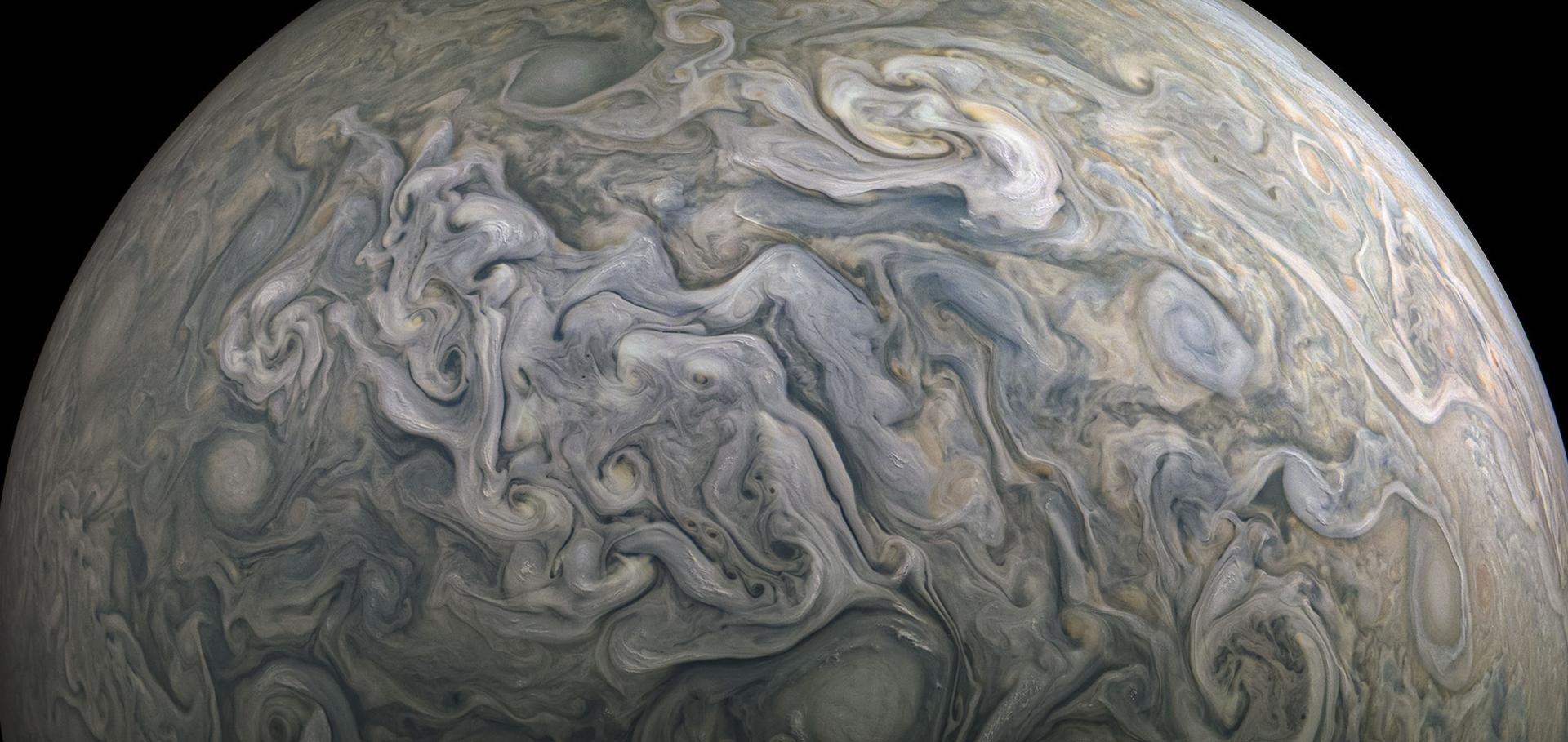Stakeholder perceptions of event attribution in the loss and damage debate
weather@home 2: validation of an improved global-regional climate modelling system
Abstract:
Extreme weather events can have large impacts on society and, in many regions, are expected to change in frequency and intensity with climate change. Owing to the relatively short observational record, climate models are useful tools as they allow for generation of a larger sample of extreme events, to attribute recent events to anthropogenic climate change, and to project changes in such events into the future. The modelling system known as weather@home, consisting of a global climate model (GCM) with a nested regional climate model (RCM) and driven by sea surface temperatures, allows one to generate a very large ensemble with the help of volunteer distributed computing. This is a key tool to understanding many aspects of extreme events. Here, a new version of the weather@home system (weather@home 2) with a higher-resolution RCM over Europe is documented and a broad validation of the climate is performed. The new model includes a more recent land-surface scheme in both GCM and RCM, where subgrid-scale land-surface heterogeneity is newly represented using tiles, and an increase in RCM resolution from 50 to 25 km. The GCM performs similarly to the previous version, with some improvements in the representation of mean climate. The European RCM temperature biases are overall reduced, in particular the warm bias over eastern Europe, but large biases remain. Precipitation is improved over the Alps in summer, with mixed changes in other regions and seasons. The model is shown to represent the main classes of regional extreme events reasonably well and shows a good sensitivity to its drivers. In particular, given the improvements in this version of the weather@home system, it is likely that more reliable statements can be made with regards to impact statements, especially at more localized scales.Estimating Carbon Budgets for Ambitious Climate Targets
Half a degree additional warming, prognosis and projected impacts (HAPPI): Background and experimental design
Abstract:
The Intergovernmental Panel on Climate Change (IPCC) has accepted the invitation from the UNFCCC to provide a special report on the impacts of global warming of 1.5°C above pre-industrial levels and on related global greenhouse gas emission pathways. Many current experiments in, for 5 example, the Coupled Model Inter-comparison Project (CMIP), are not specifically designed for informing this report. Here, we document the design of the Half a degree Additional warming, Projections, Prognosis and Impacts (HAPPI) experiment. HAPPI provides a framework for the generation of climate data describing how the climate, and in particular extreme weather, might differ from the present day in worlds that are 1.5°C and 2.0°C warmer than pre-industrial conditions. Output from 10 participating climate models includes variables frequently used by a range of impact models. The key challenge is to separate the impact of an additional approximately half degree of warming from uncertainty in climate model responses and internal climate variability that dominate CMIP-style experiments under low emission scenarios.
Large ensembles of simulations (>50 members) of atmosphere-only models for three time slices 15 are proposed, each a decade in length; the first being the most recent observed 10-year period (2006- 2015), the second two being estimates of the a similar decade but under 1.5 and 2°C conditions a century in the future. We use the Representative Concentration Pathway 2.6 (RCP2.6) to provide the model boundary conditions for the 1.5°C scenario, and a weighted combination of RCP2.6 and RCP4.5 for the 2°C scenario.


